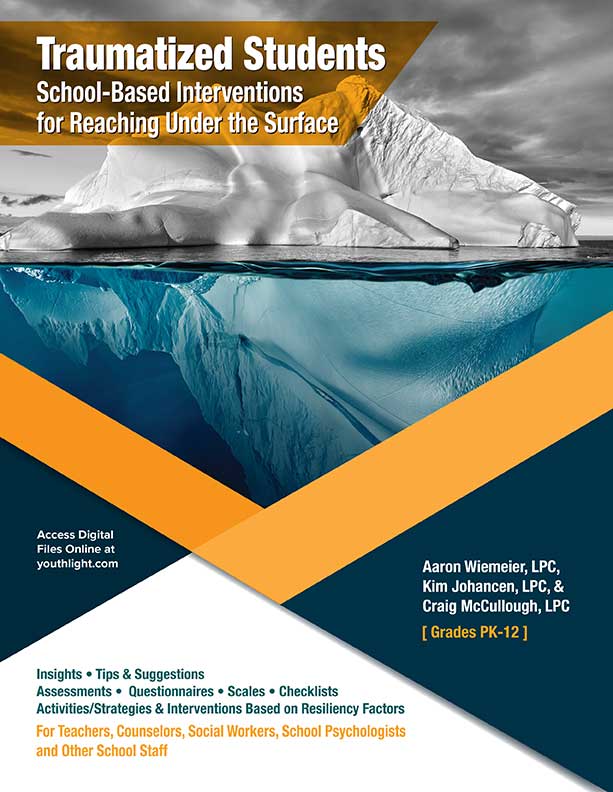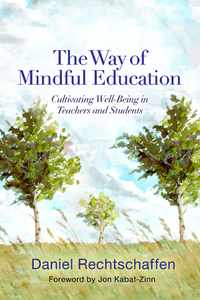Episode 002: Overcoming Anxiety with Mike Paget
Available for Free to Podcast Listeners
More than 13 percent of students – 1 in 8 – experience significant anxiety that limits their engagement in school and in relationships. Anxiety conditions – separation anxiety, social anxiety, phobias, and generalized anxiety – are the most prevalent mental issues, and they often go unnoticed. But the impact on the students is significant.
During this WebRemix, Mike Paget, M.Ed. gives teachers, counselors and other professionals the tools to support and teach this high-potential portion of the student population while avoiding an unmanageable classroom environment.
WebRemix Highlights
>> Variations of anxiety and how to recognize indicators of this condition
>> Cognitive-behavorial model of anxiety disorders
>> Verbal strategies that support vs. escalate
>> Classroom routines that unintentionally escalate emotions of a student with anxiety
>> Accommodations that educators can use
Mike Paget, M.Ed. works as a consultant to schools throughout North American to help them better teach challenging students. He is an innovator of effective approaches for working with students with severe emotional and behavioral problems. He has conducted keynote presentations and seminars across the U.S. and Canada on creative techniques for crisis intervention and managing classroom behavior. Mike spent 20 years working extensively with ODD, CD and other special needs.
With attention spans waning and stress on the rise, many teachers are looking for new ways to help students concentrate, learn, and thrive. The Way of Mindful Education is a practical guide for cultivating attention, compassion, and well-being not only in these students, but also in teachers themselves. Packed with lesson plans, exercises, and considerations for specific age groups and students with special needs, this working manual demonstrates the real world application of mindfulness practices in K-12 classrooms.

Kim Johancen, LPC, one of the the co-authors of this book, was a guest on Episode 001 – Self-Injury: An in Depth Look.
Trauma and people’s exposure to it is becoming an ever-present reality in many work, school and virtual environments. Young people who have experienced trauma are often misunderstood by others and sometimes attempt to cope in unusual and complex ways. This resource can help professional educators to become better equipped with interventions, strategies, recommendations, and critical insights into the world of the traumatized student. The creative and experiential nature of these interventions and strategies is often what helps get below the surface of the trauma to help these students to better cope and bounce back from their difficult experience(s).
44 Counseling Interventions Grouped by 7 Resiliency Factors:
- Self-Regulation & Distress Tolerance Strategies
- Containment Strategies
- Mindfulness Strategies
- Belonging, Purpose & Self-Advocacy Strategies
- Willpower, Self-Esteem & Empowerment Strategies
- Interpersonal Skill Strategies
- Creativity & Gratitude Strategies
20 “One-Liner” Inverventions
Quick-Find intervention Glossary (by behavior)
Quick-Find Intervention Glossary (by feeling)






